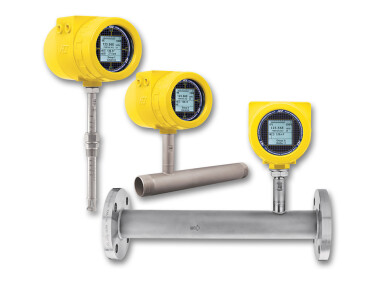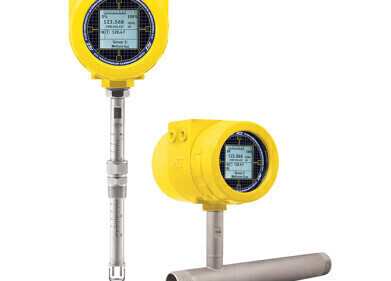Flow Level Pressure
Why Has India Turned to the US for Oil?
Oct 17 2017
While India is the world's third largest oil importer, it's not usually in the habit of purchasing American crude. However in early October this trend was reversed, with India receiving its first ever shipment of US oil.
So why has India looked to the States? Following a global supply glut, the Indian government has been encouraging state-controlled refiners to buy US and Canadian crude from the Gulf Coast. For India, the current oil market landscape means that American oil is now a cheaper alternative to importing from other nations.
Indian Oil Corp opens the floodgates
Indian Oil Corp (IOC) booked the US shipment back in July and has opened the floodgates for other state-owned refiners like Bharat Petroleum Corp Ltd (BPCL) and Hindustan Petroleum Corp Ltd (HPCL). The USA has confirmed that it will continue to meet demand, with an energy official revealing that IOC and BPCL have committed to buy eight shiploads of US oil by March 2018.
"We have booked a second cargo as well for delivery at Vadinar in Gujarat in about a month from now," comments IOC Chairman Sanjiv Singh. "We expect to buy one shipload of US crude every month through tenders."
Imports set to rise
While IOC's first purchase was for 1.6 million barrels of high sulphur crude from the US and 400,000 barrels of Western Canadian Select oil, the second order will increase to 1.9 million barrels of US crude. Half of this will be shale oil, with Singh confirming "We have bought 950,000 barrels of light sweet Eagle Ford shale oil and 950,000 barrels of heavy sour Mars crude in the second tender."
Other Asian countries embrace US oil
It's not just India that's taking advantage of cheap American oil, with other Asian countries like South Korea, Japan and China also set to purchase US crude following production cuts by OPEC. The embargo drove up prices of Middle East heavy-sour crude which has forced buyers to look for cheaper alternatives.
To encourage the adoption of US crude the government is allowing refiners to use foreign vessels to import crude. Typically, Indian refiners are required to use domestic vessels, though in the face of cheap US crude the government has temporarily overlooked this rule.
Flow measurement is an important part of the oil import process, with tech savvy companies relying on FLUXUS flowmeters. 'Non-Invasive Clamp-On Ultrasonic Flow Measurement of Crude Oil' explains how the ultrasonic transducers are simply mounted on the outside of the pipe which means there is no interruption to production or supply.
Digital Edition
PIN 25.5 Oct/Nov 2024
November 2024
Analytical Instrumentation - Picturing Viscosity – How Can a Viscometer or a Rheometer Benefit You? - Sustainable Grease Formulations: Evaluating Key Performance Parameters and Testing Method...
View all digital editions
Events
Dec 03 2024 Dusseldorf, Germany
Dec 08 2024 Anaheim, CA, USA
Turkey & Black Sea Oil and Gas
Dec 11 2024 Istanbul, Turkey
Dec 19 2024 Aurangabad, India
Jan 20 2025 San Diego, CA, USA



















